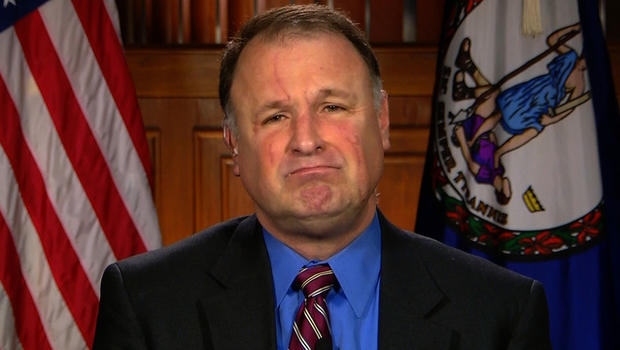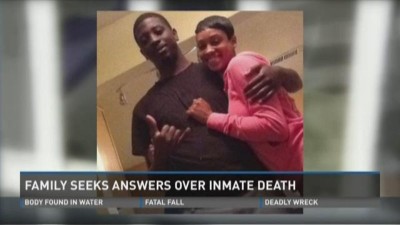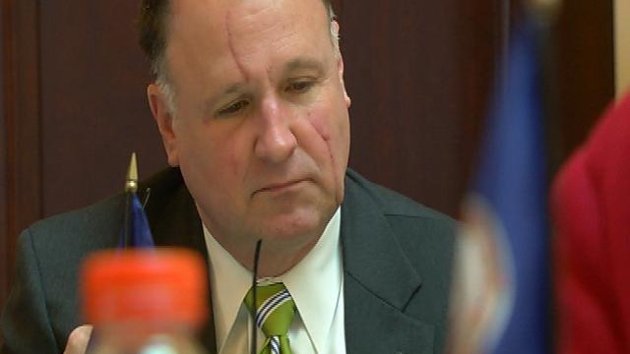
(1-18-16) State officials have quietly removed two years worth of Inspector General reports from a government website that showed they were aware of a dangerous hospital bed shortage at least two years before state Senator Creigh Deeds and his son were told no hospital beds were available and turned away with tragic results.
When Deeds drove his mentally ill son, Austin “Gus” Deeds, to a mental health center on November 18, 2013, he was informed no local hospital beds were available and sent home. Later that day, Gus stabbed his father repeatedly before ending his own life. Sen. Deeds has filed a $6 million dollar wrongful death lawsuit against state mental health officials, claiming negligence.
The IG reports, which could help Deeds’ legal case, were removed from the Office of State Inspector General website sometime after May 2014 at roughly the same time speculation about the state’s liability began making the rounds at the state capitol in Richmond.
A spokesman for State Inspector General June Jennings told me in an email on Friday (1-15) that the missing IG reports were removed by the Department of Behavioral Health and Developmental Services (DBHDS), which oversees 16 state facilities and assists 40 local Community Service Boards in delivering mental health services. The DBHDS is a defendant in Deeds’ wrongful death lawsuit. An official at the DBHDS, however, told me Friday that it was Jennings’ office that decided to remove the reports from its website.
Jennings’s spokesperson said the IG reports have not been destroyed. They are stored in the IG Office’s electronic archives. While still available, removing them from the IG website makes them much more difficult for the public and for Deeds’ attorneys to identify, locate and read.
The content of those reports go to the heart of Deeds’ wrongful death lawsuit.

 (9-30-15) In a comprehensive front page story in today’s edition,
(9-30-15) In a comprehensive front page story in today’s edition, 



